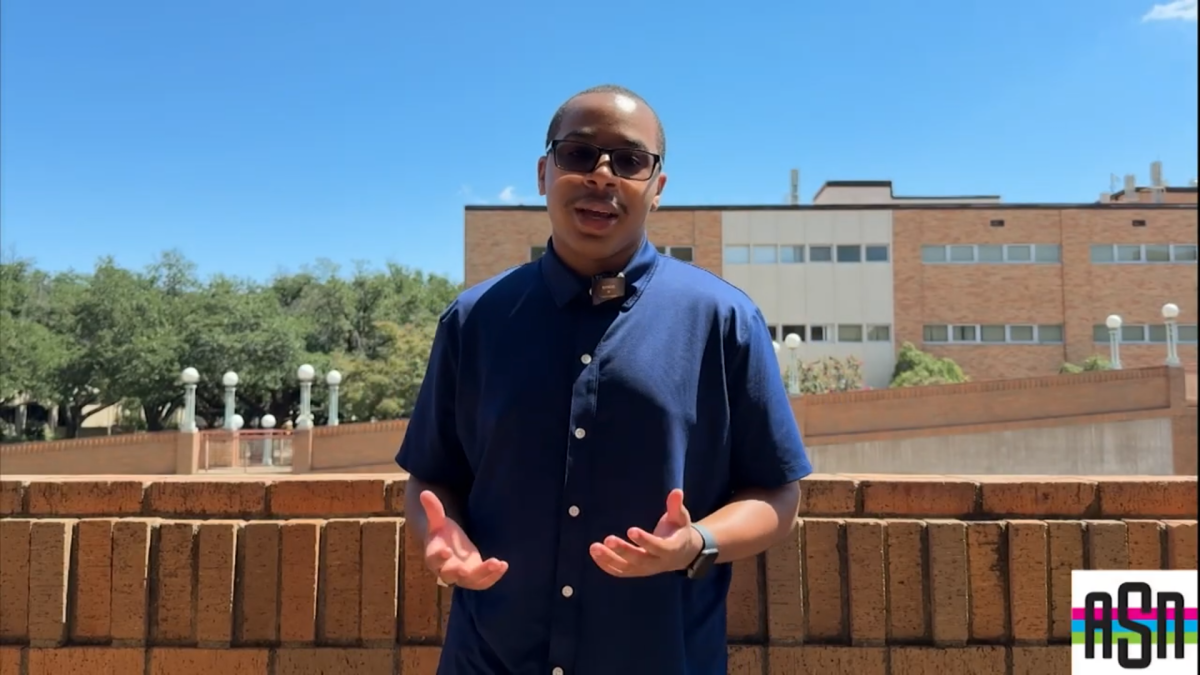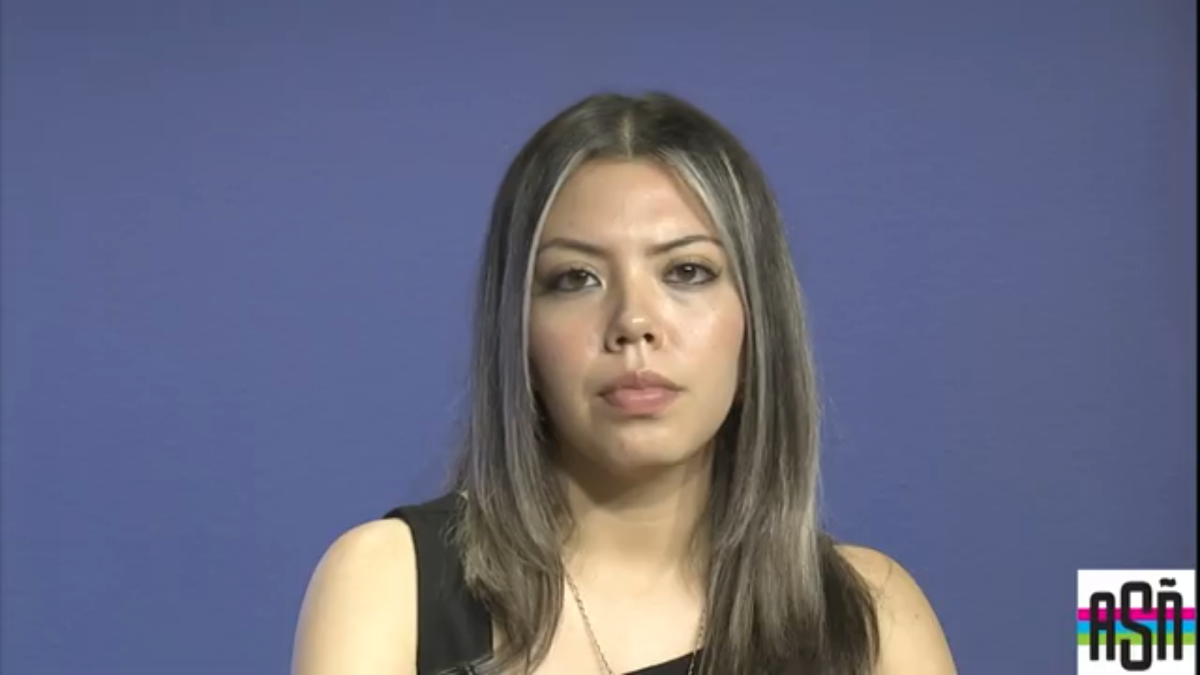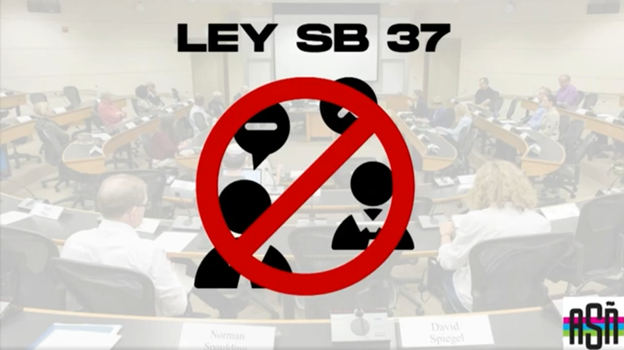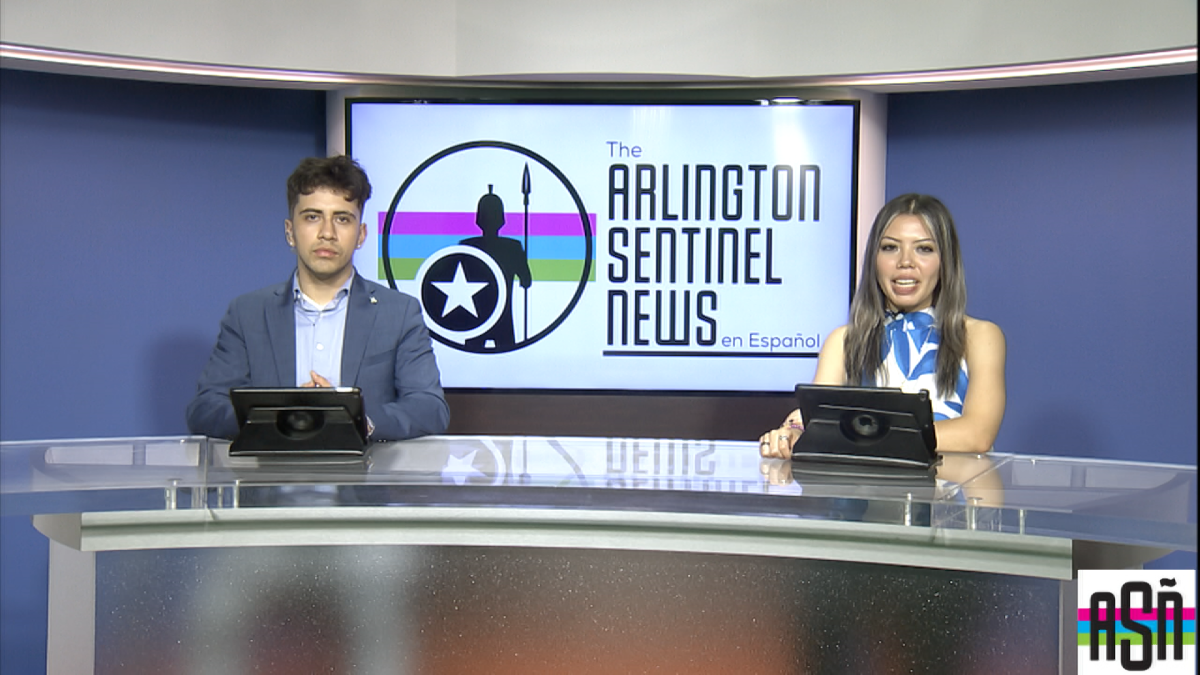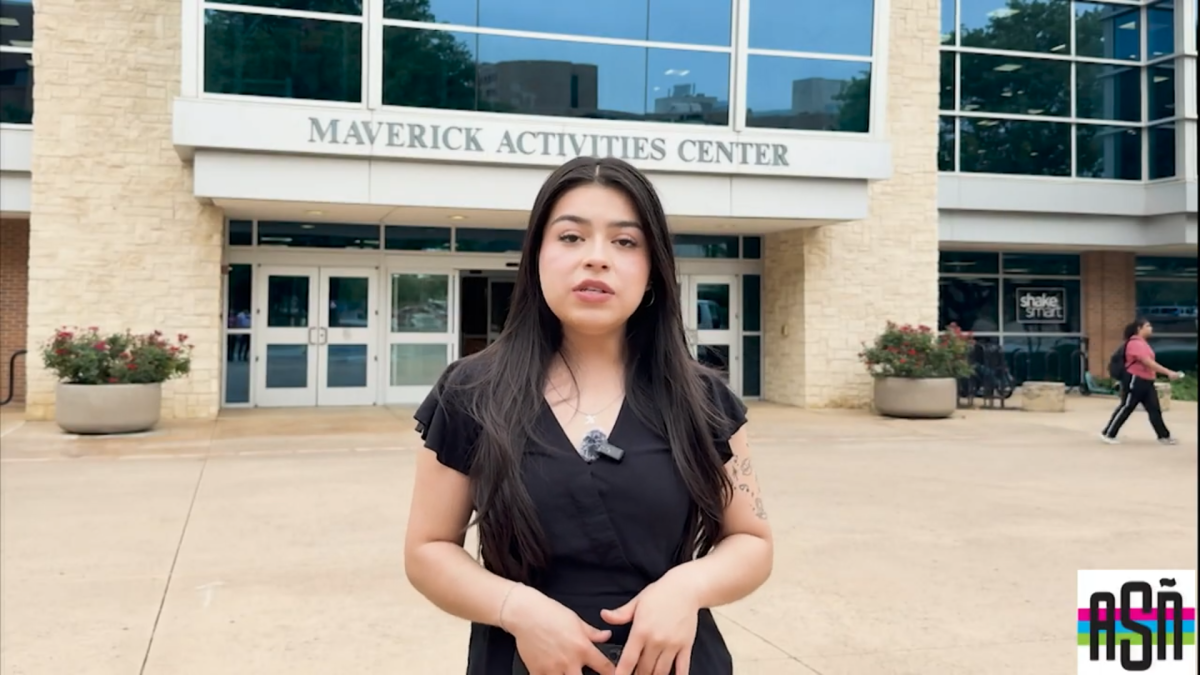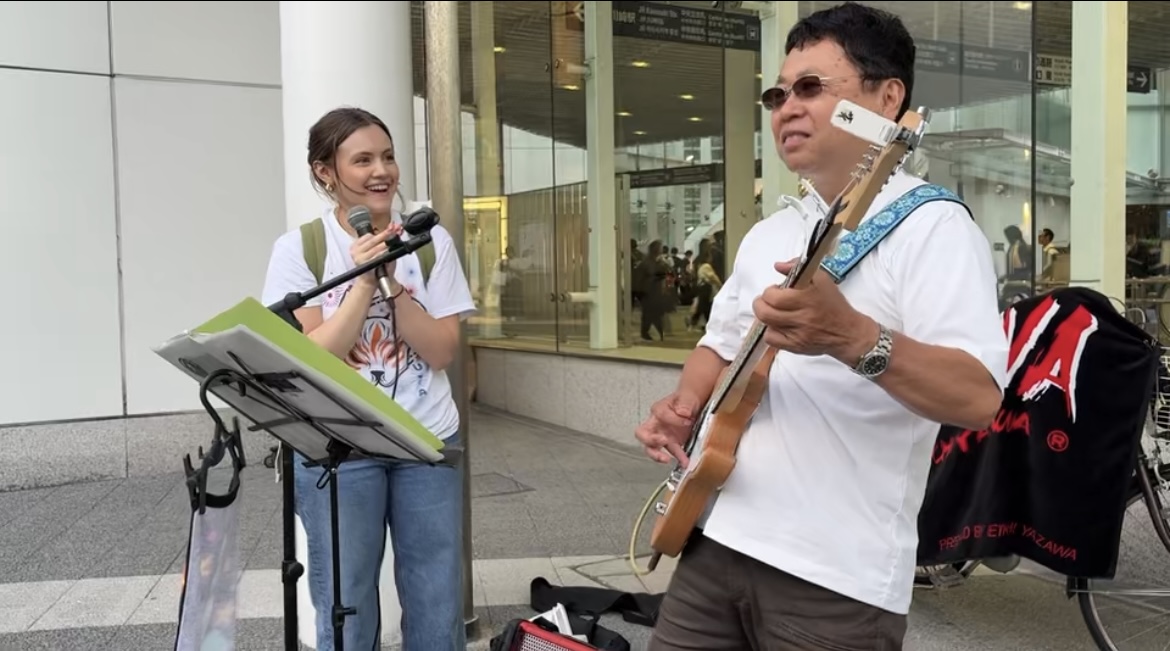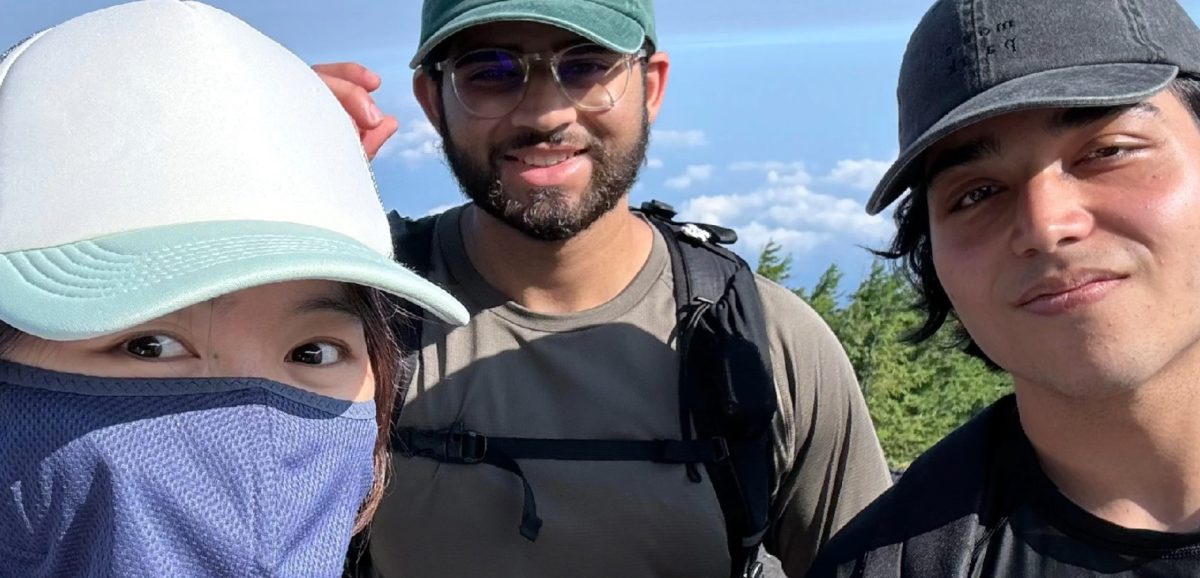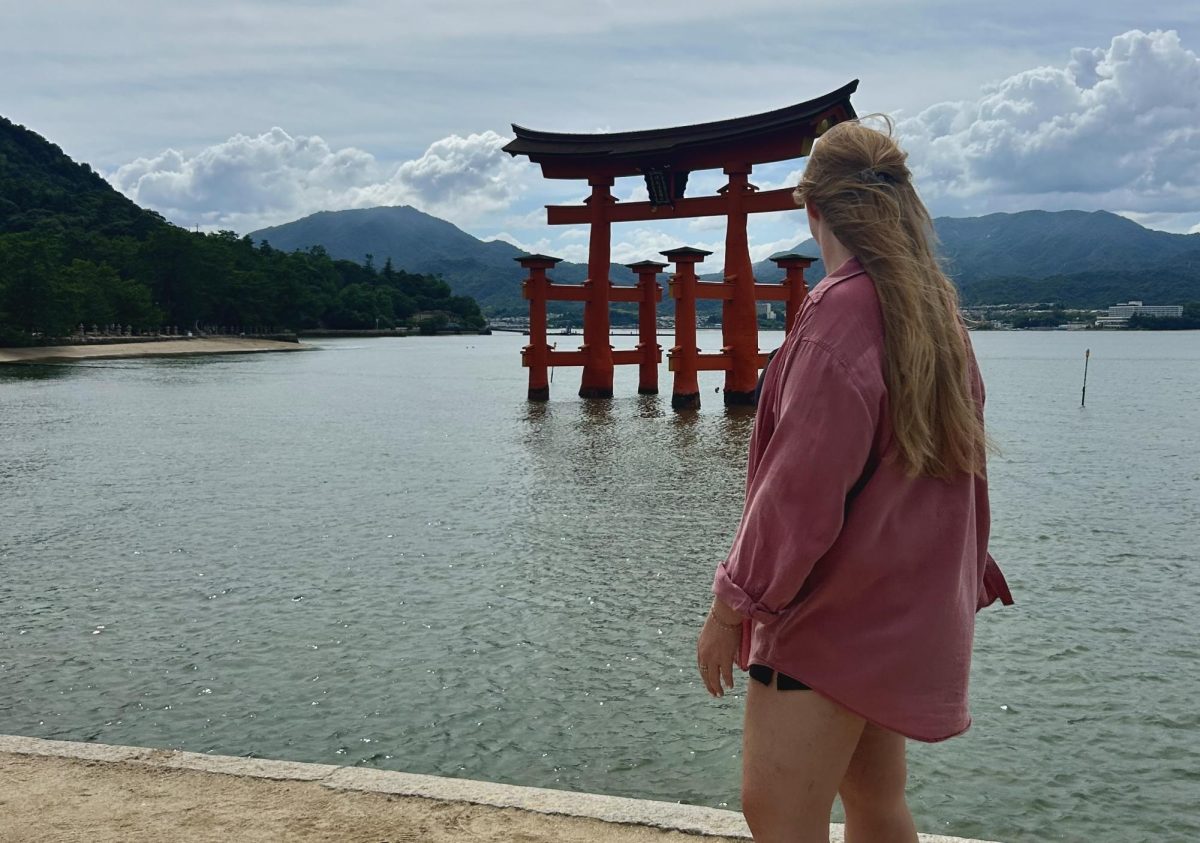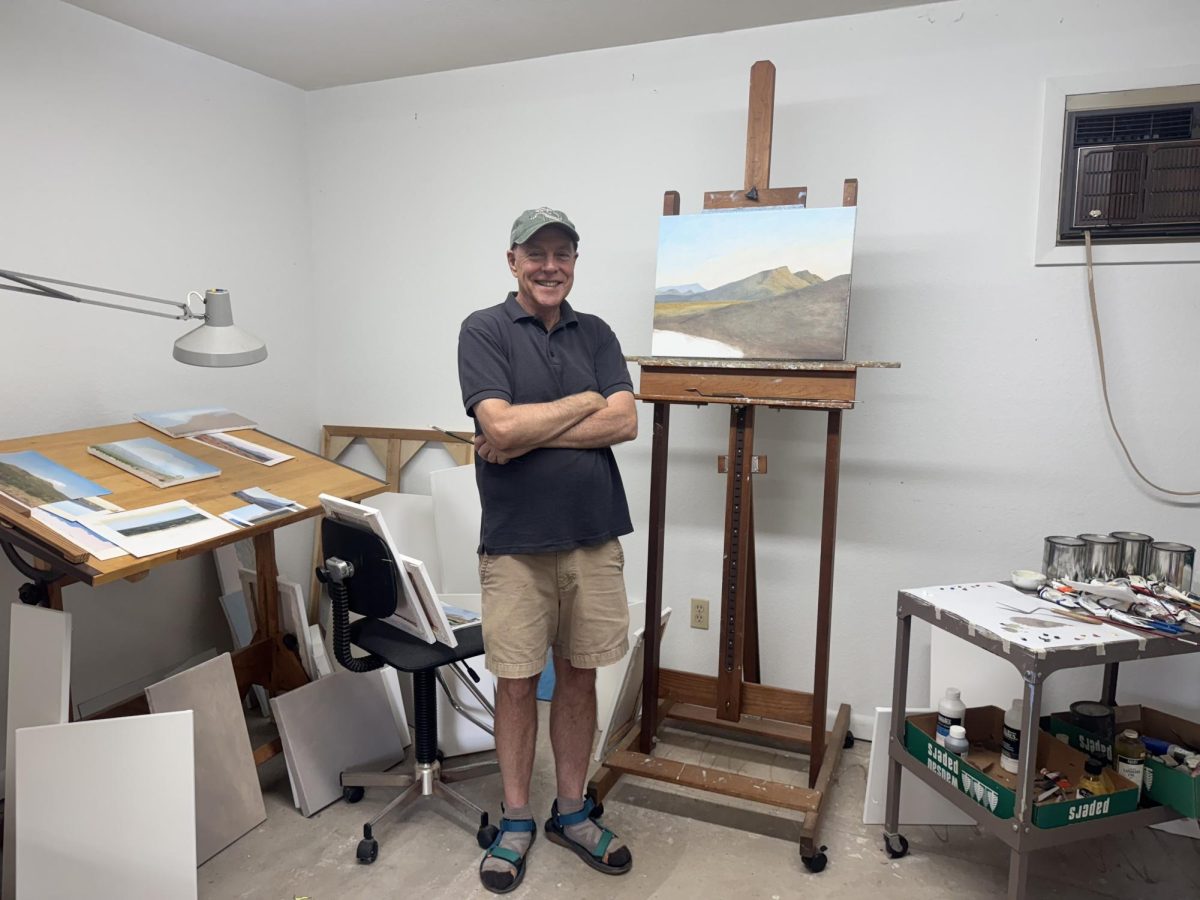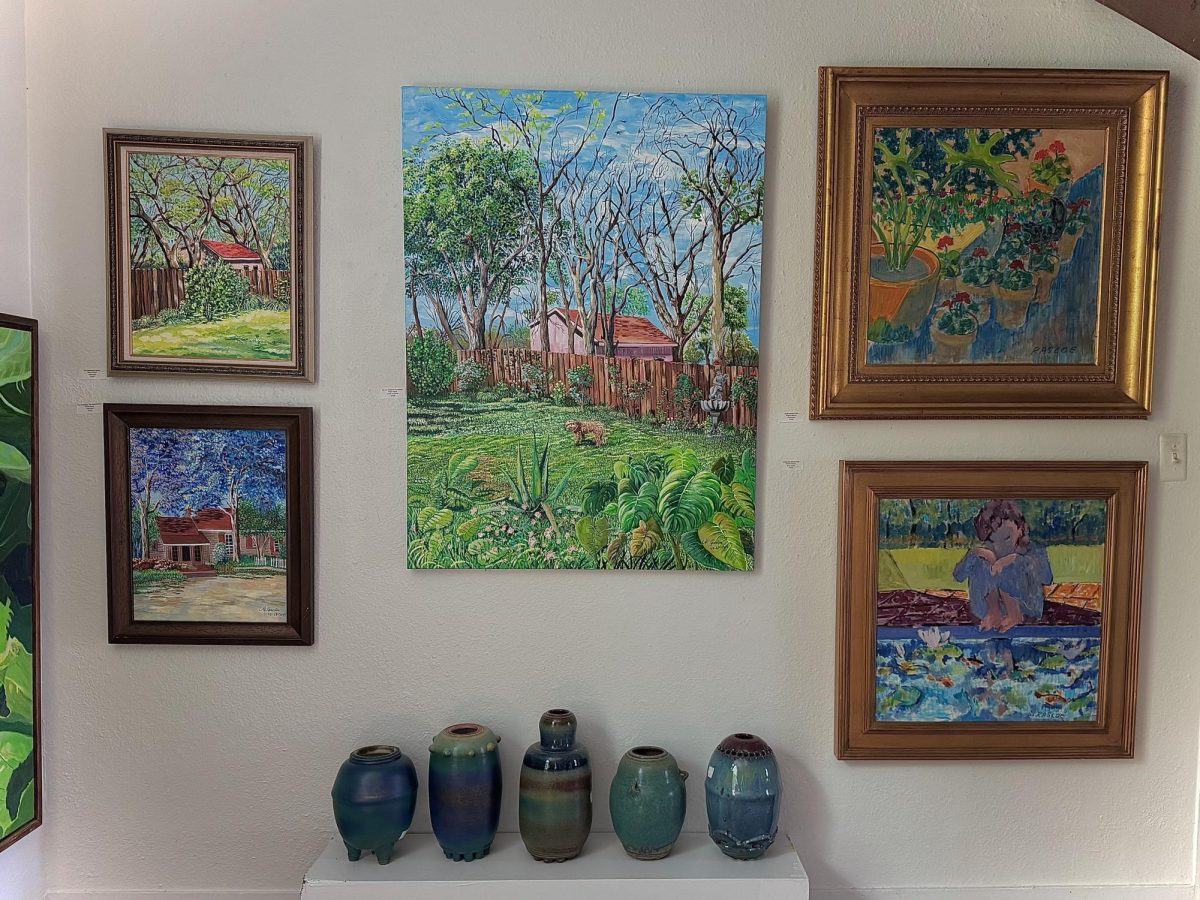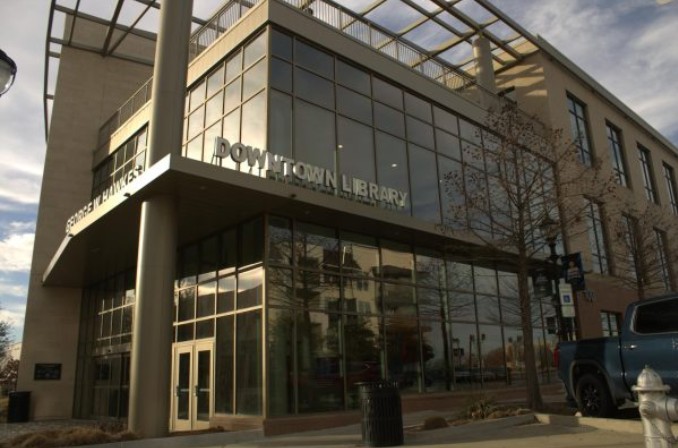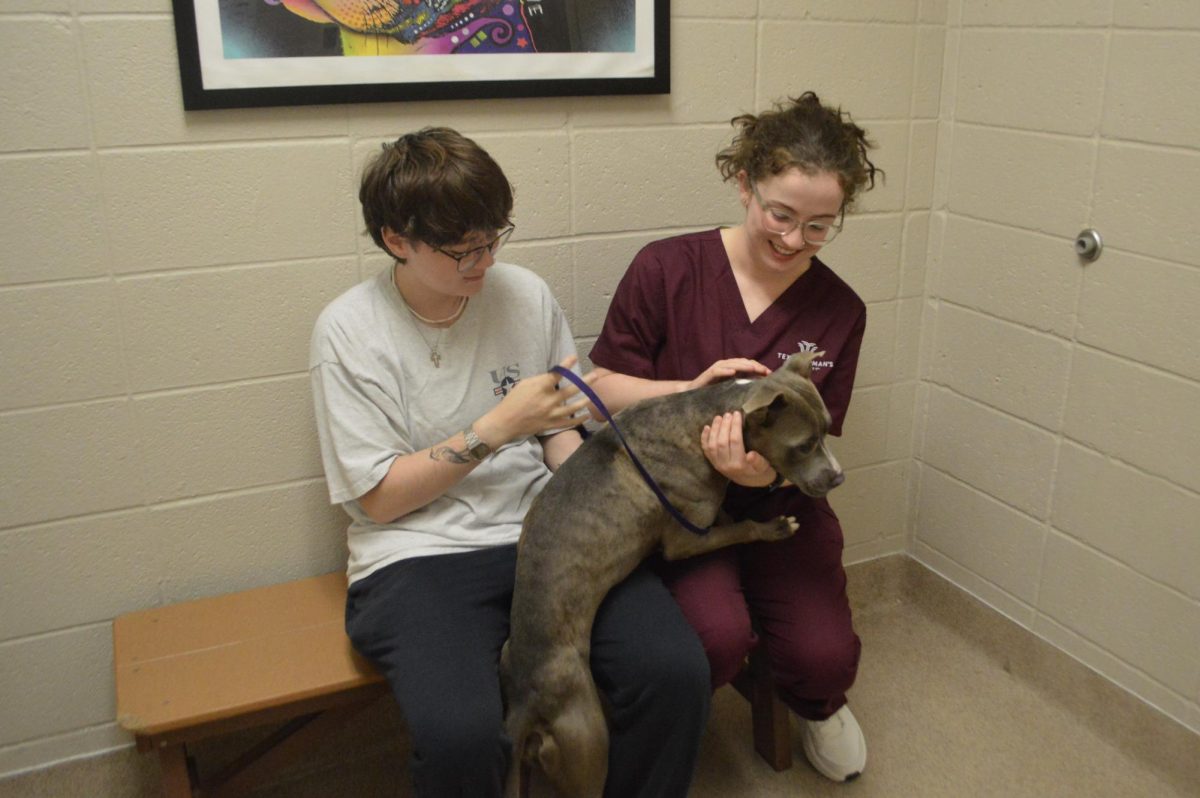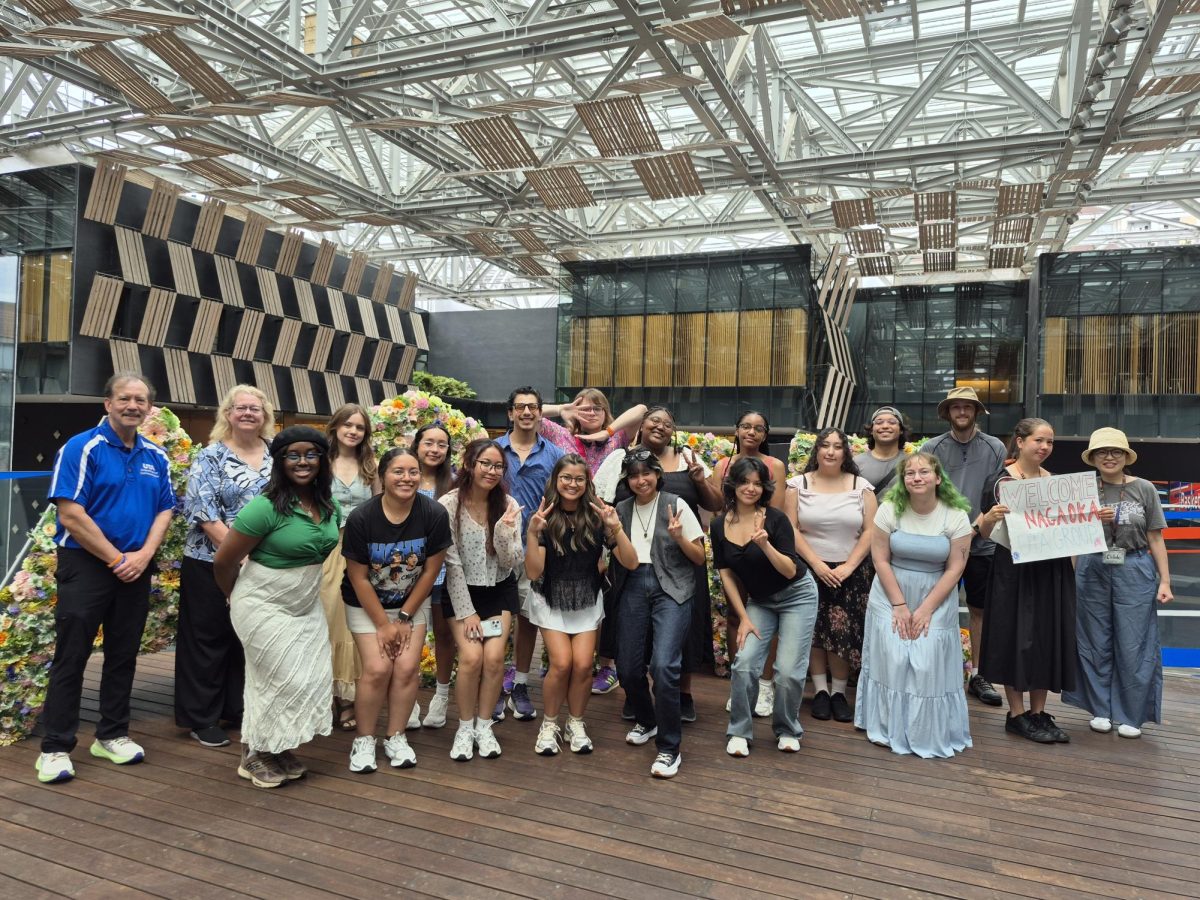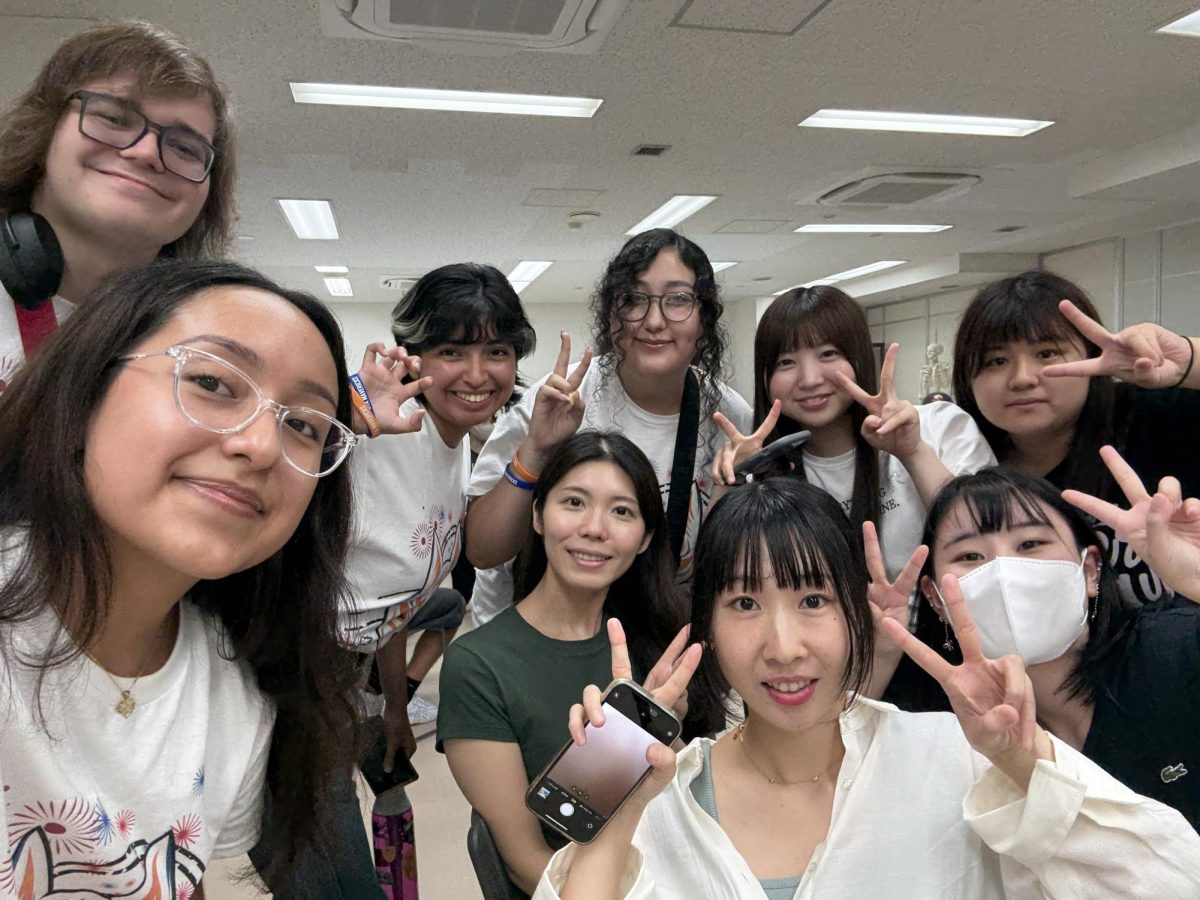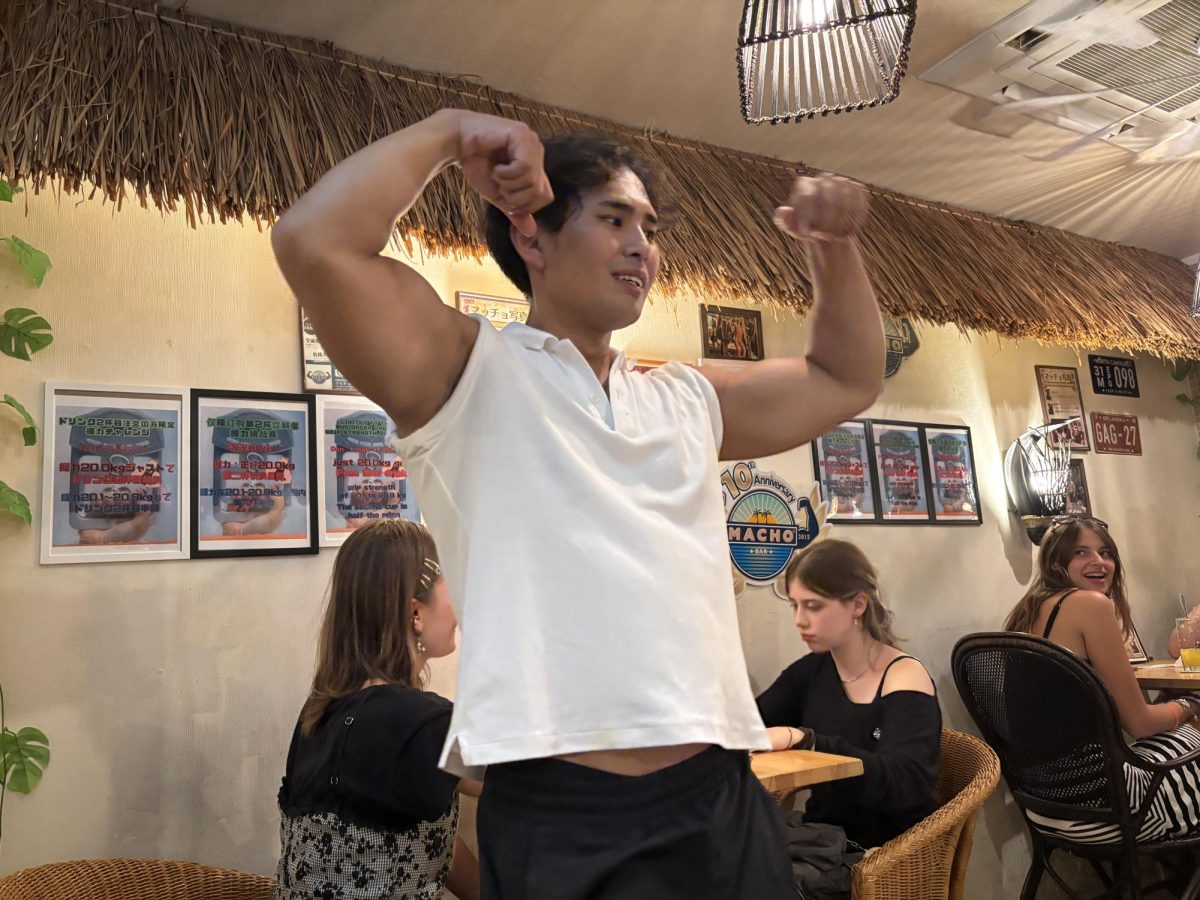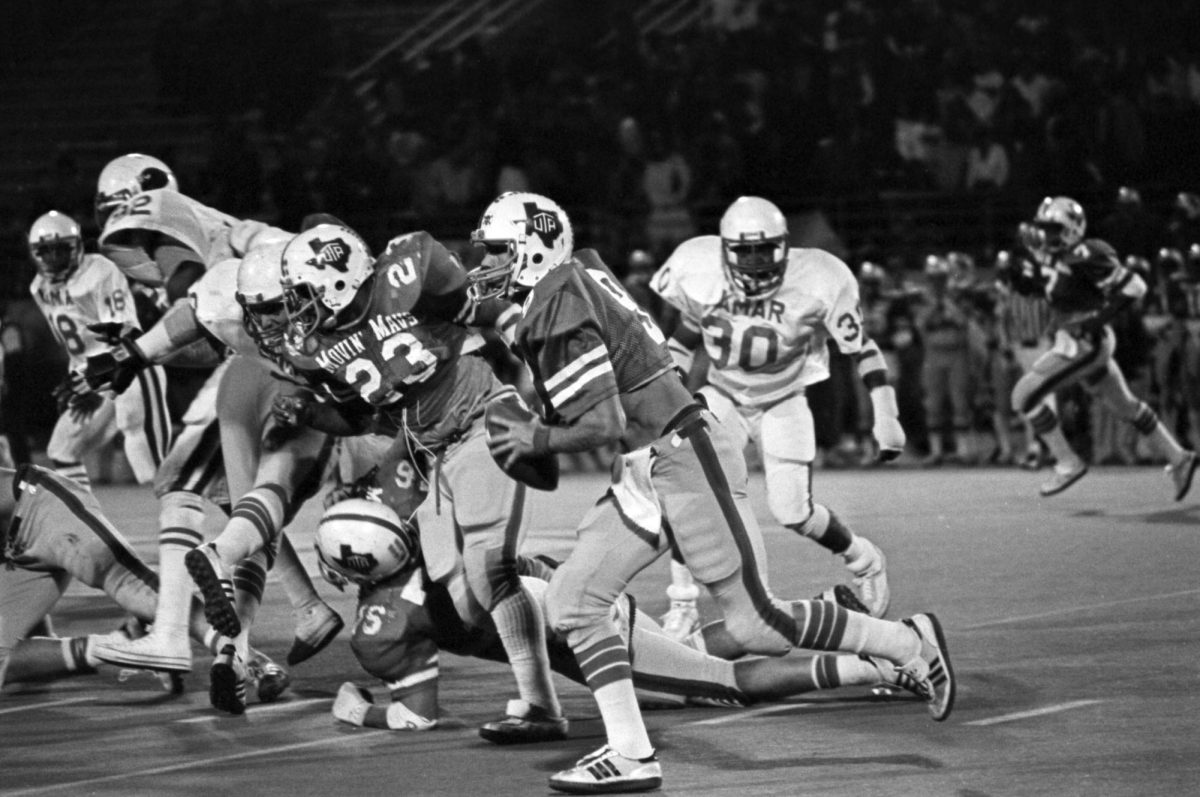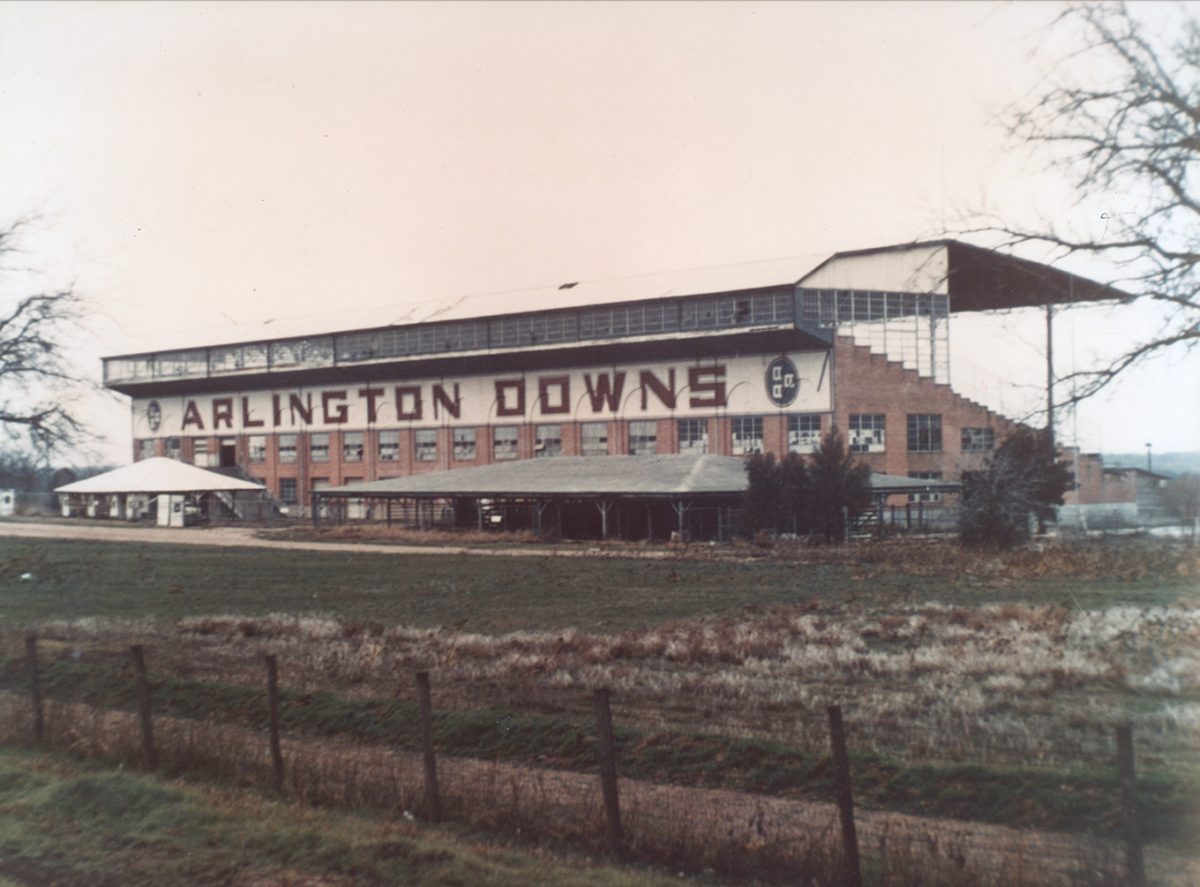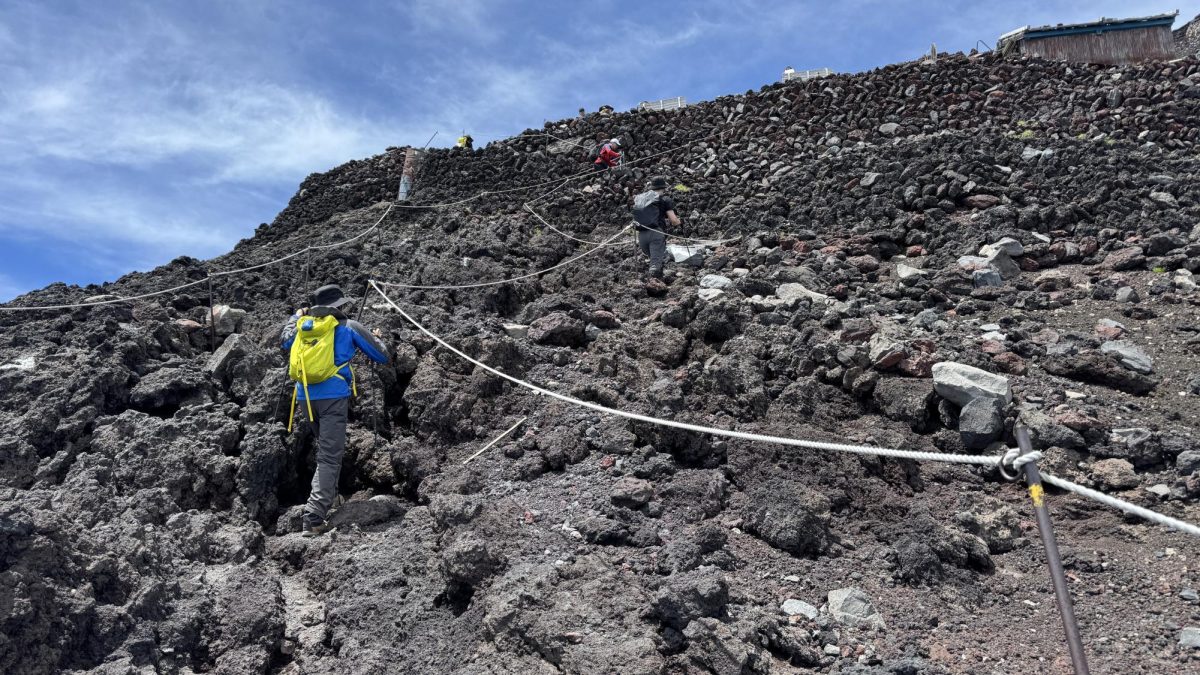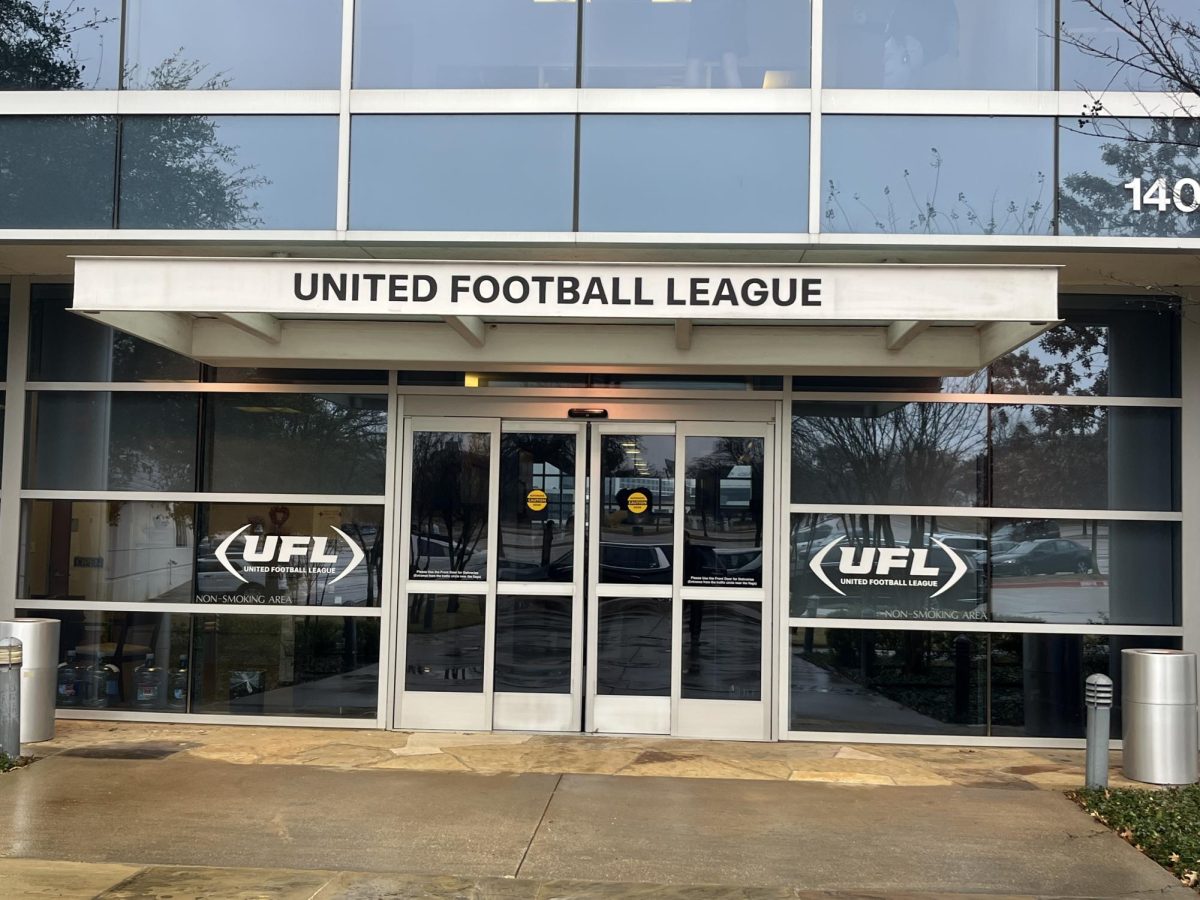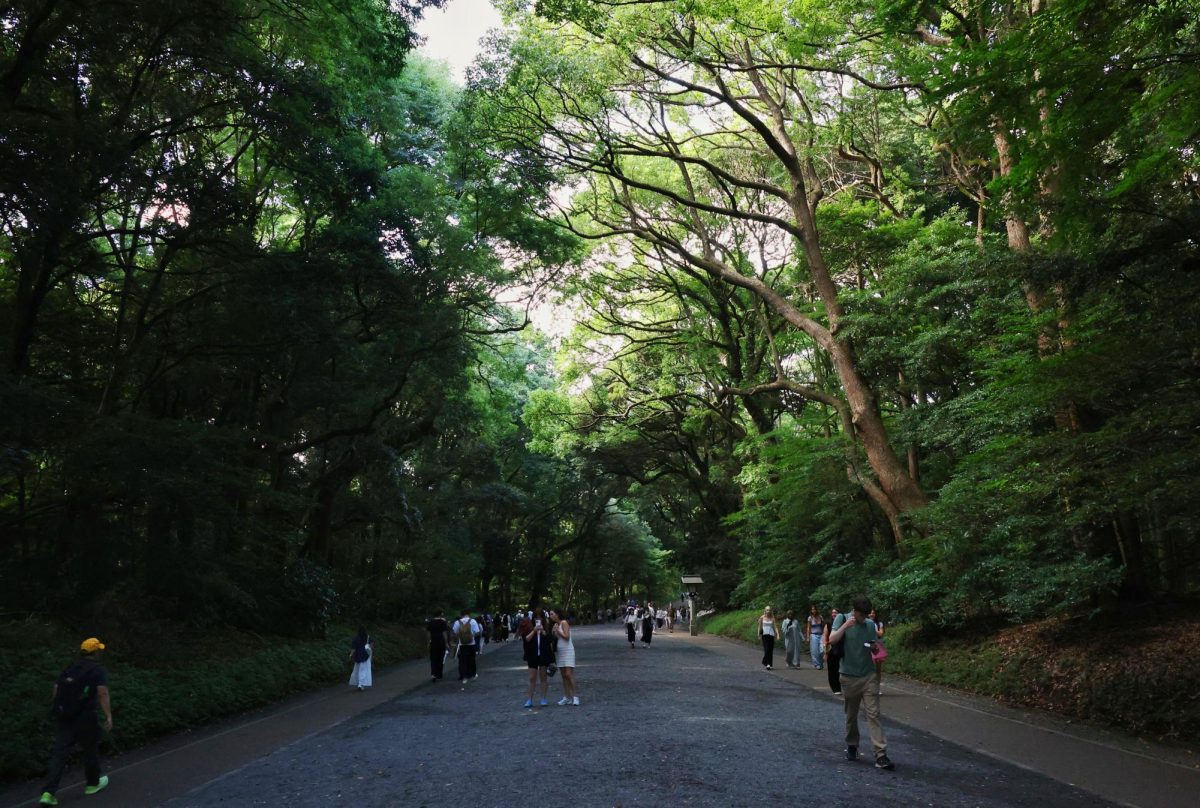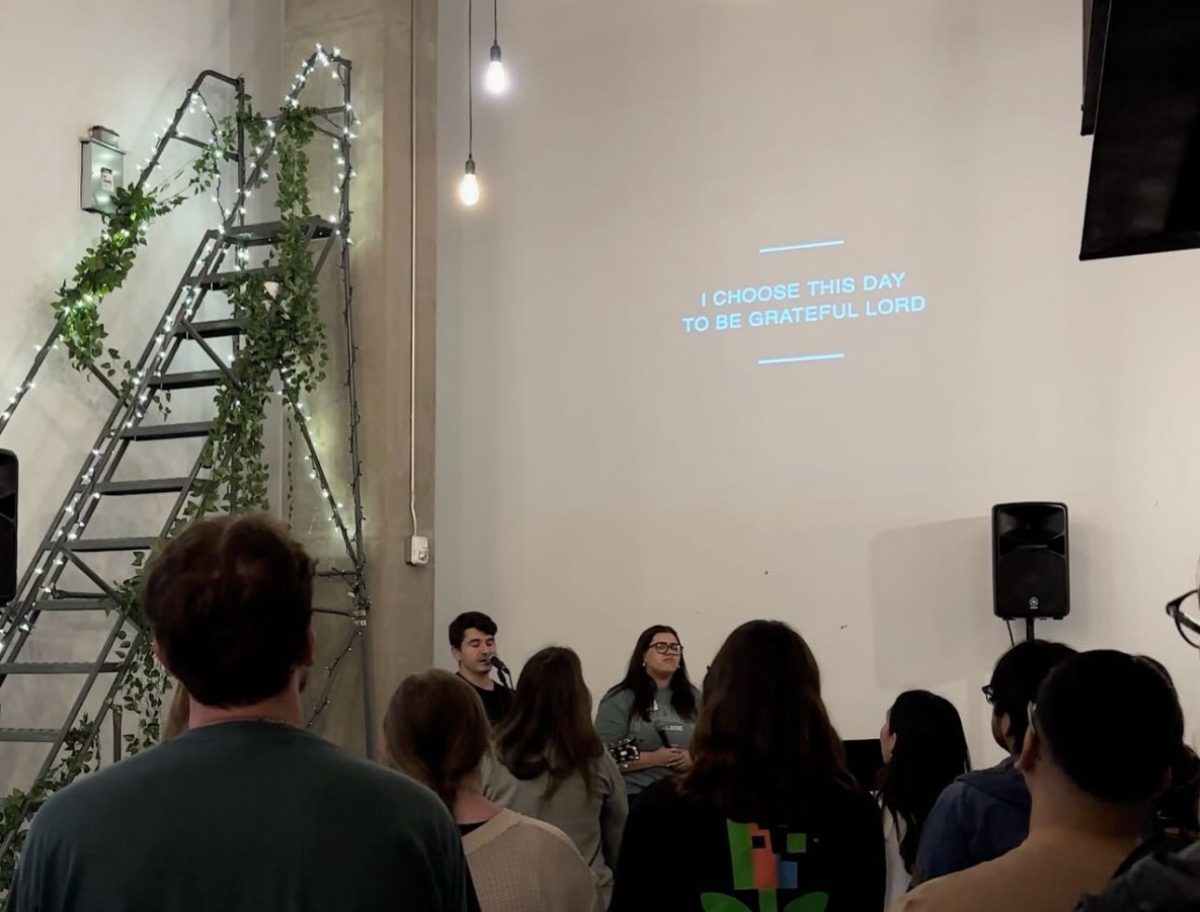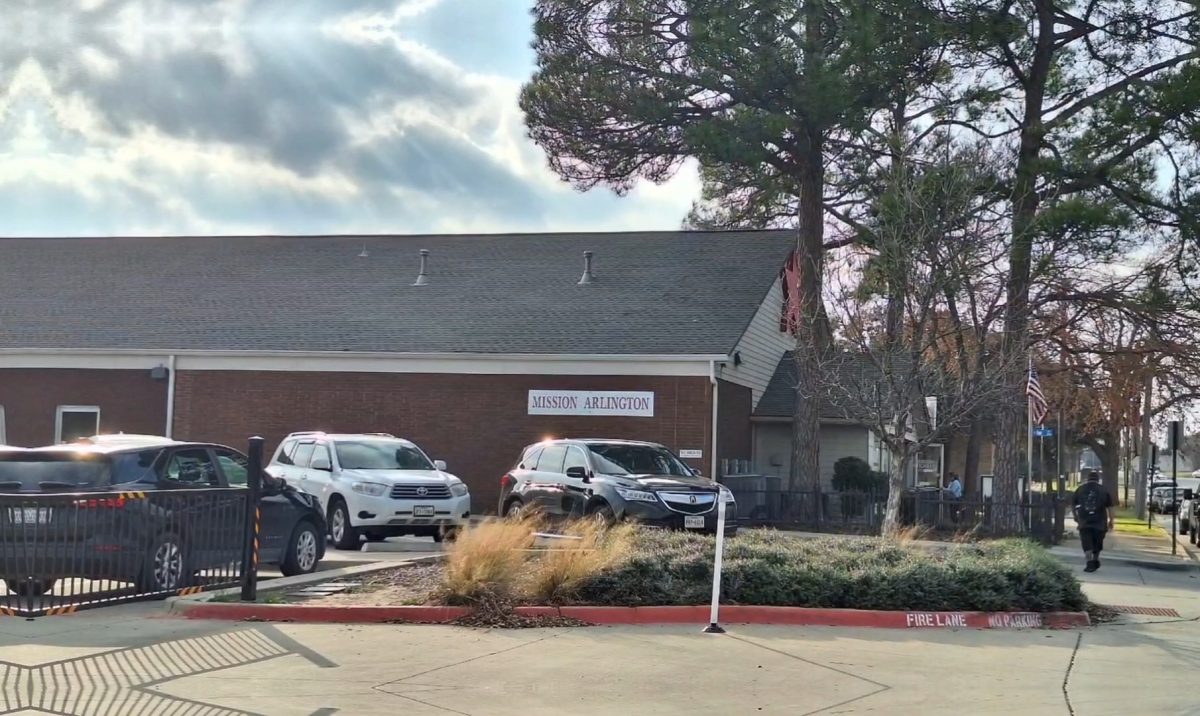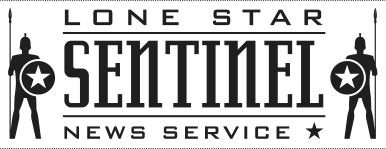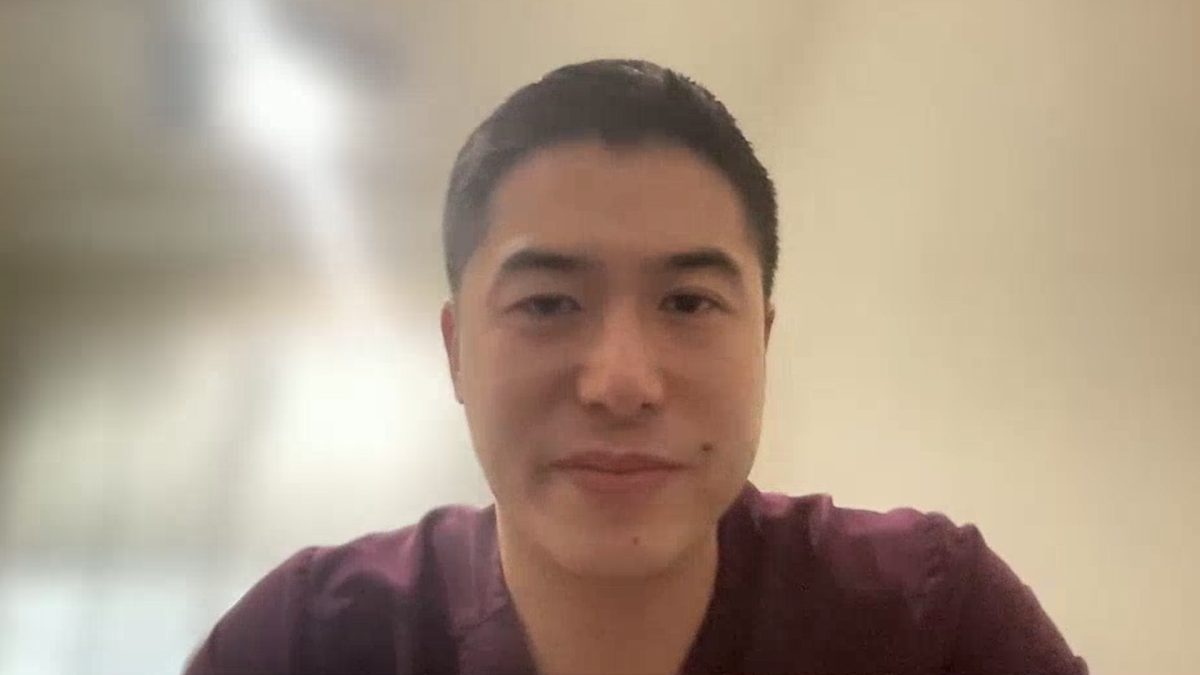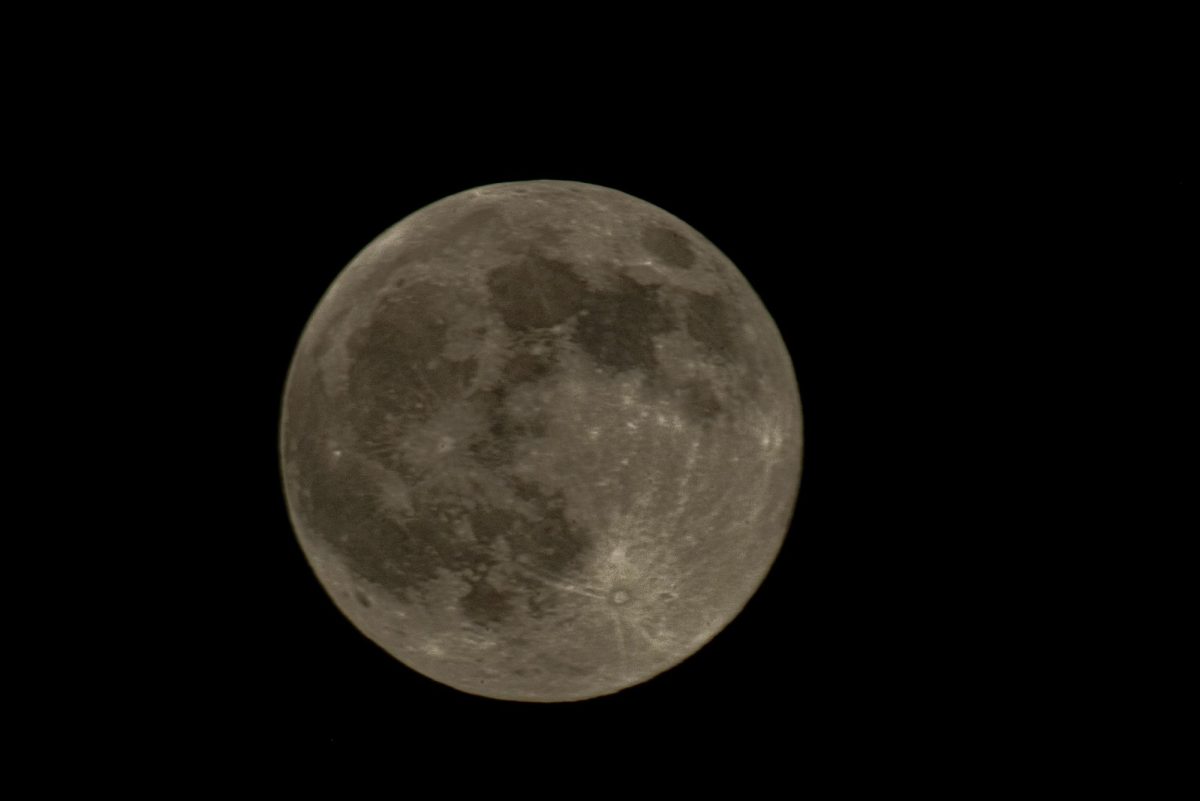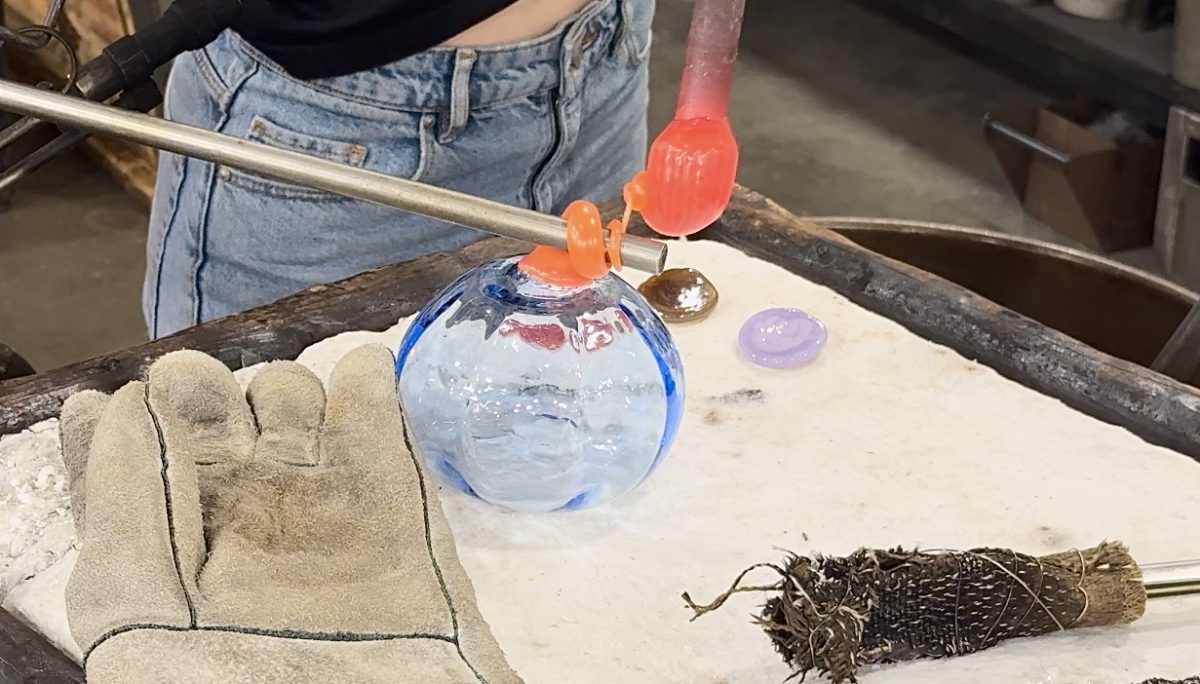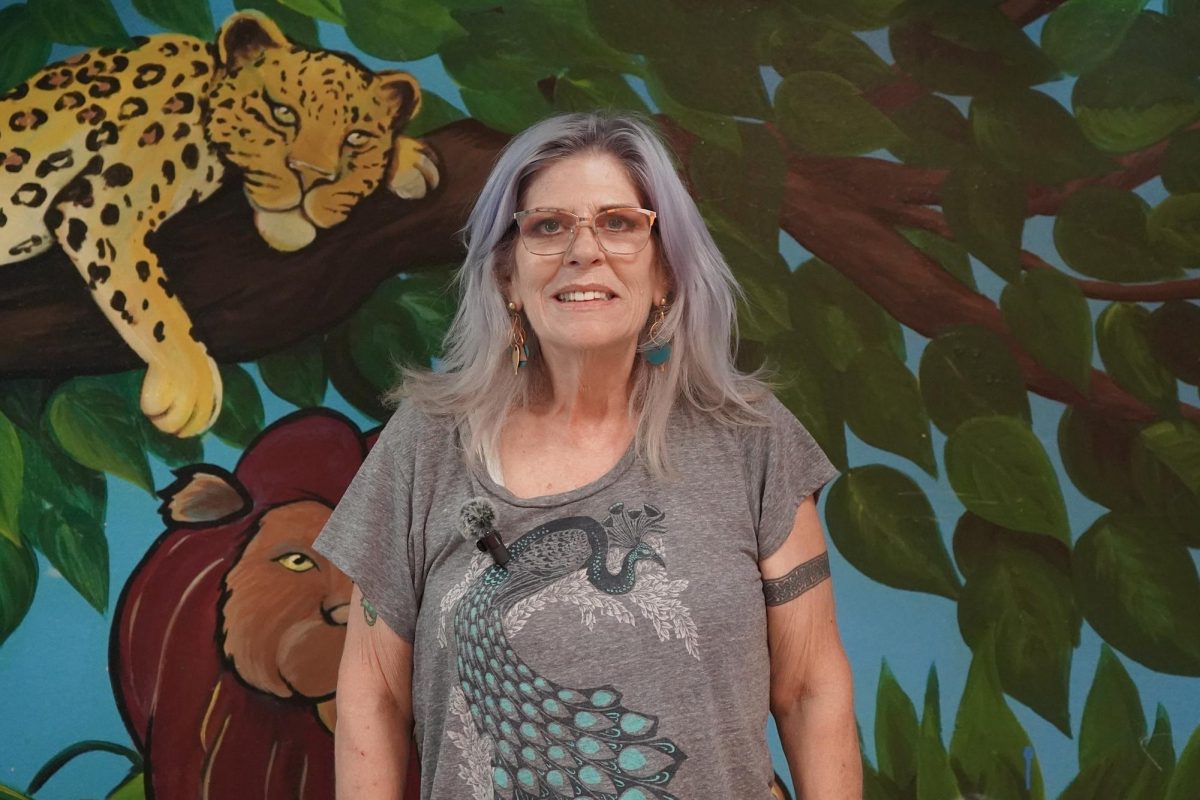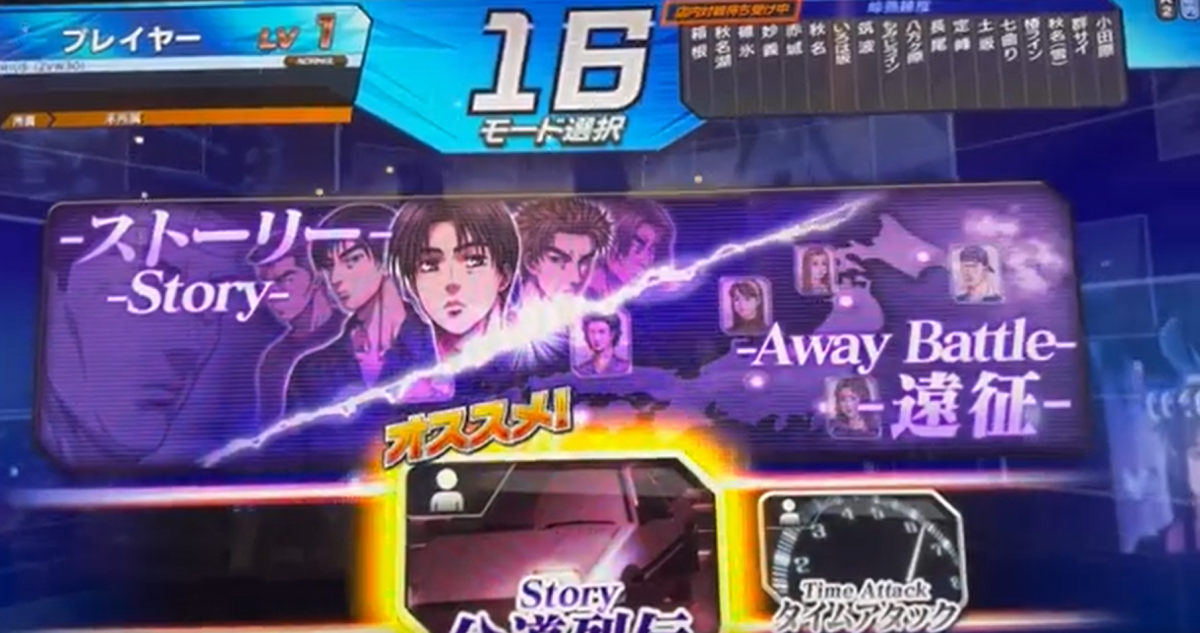To have this story read to you, please click here.
ARLINGTON, Texas—Donald Kasitinon said he didn’t plan to go into medicine. Growing up, he loved to play basketball and tennis, and his favorite subject was mathematics.
“I know typically if you do really high levels of math, the main job at the end of the road is being a professor,” Kasitinon said.
He went on to earn a bachelor’s degree in electrical engineering from the University of Texas at Dallas. But afterward, Kasitinon said he found he wasn’t that interested in the field.
“My sister was a physician assistant and she told me about the medicine route,” Kasitinon said. “So, I shadowed a couple of doctors and I liked it.”
After taking prerequisite courses and studying for the Medical College Admission Test (MCAT), Kasitnon applied for medical school at UT Southwestern. He explored various surgical and nonsurgical routes of medical study and soon landed on physical medicine and rehabilitation, known among practitioners as PM&R.
“PM&R doctors tend to take care of a lot of patients with spinal cord injuries, amputation, traumatic brain injuries, and I found that very interesting,” Kasitinon said.
Jakob Gorton, who has played with the University of Texas at Arlington Movin’ Mavs wheelchair basketball team since 2020, said Kasitinon has done a lot for the team—not just as a physician, but as a fan.
“He comes by for medical stuff about once or twice a semester, but usually comes to our games as a fan,” Gorton said. “He’s done a lot with our athletic trainer to make sure we’re always healthy.”
Stephen Urias, an athletic trainer for the Movin’ Mavs, has known Kasitinon for three years. Both Urias and Kasitinon work closely to determine what needs must be met to keep players healthy, both physically and mentally.
“As athletic trainers, we usually practice under the supervision of a physician,” Urias said. “We work together really closely.”
Urias said that communication is the No. 1 thing that goes into helping athletes who are injured. He said both he and Kasitinon begin their examination of physical injuries by listening to the patient.
“If someone gets hurt in practice, I’ll take a look at them, and then if they need rehab, we’ll work on finding a treatment plan for them,” Urias said.
If Urias determines that players need a higher level of medical attention, he’ll send them to Kasitinon for treatment.
“If it’s something quick or just a prescription that’s needed, I usually take care of that through phone or through email,” Kasitinon said. “If it’s something I need to really evaluate, Stephen will send them over to my clinic and I’ll usually see them the same day.”
Gorton said that it’s important for doctors to be knowledgeable in adaptive sports medicine.
“Adaptive athletes require some things that are unique and things you wouldn’t see in an able-bodied athlete, and having doctors knowledgeable is very important to helping us stay healthy and in good shape,” Gorton said.
Kasitinon said that everyone he’s met in the adaptive sports community has inspired him, from the players’ grit and passion to his fellow colleagues and mentors who’ve helped him get to where he is today.
“Just even talking to them outside of the games and like on the trips, being able to see how they interact with each other, it really is one of the best parts of my job,” Kasitinon said. “I really want that to get across, how happy and how lucky I am to work with them.”
To hear portions of Shelby Carter’s interview with Dr. Donald Kasitinon, please click here.

